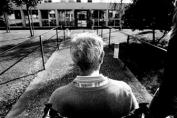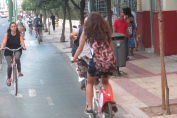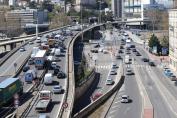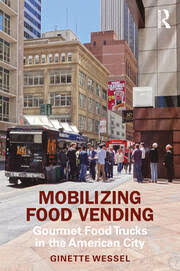Contact
- For any questions regarding a Forum research project, please contact the project manager whose name is indicated on the page (see the “Project” section)
- For any questions regarding an event, one of our books or the valuation of a project, please contact Tom Dubois
- For press relations please, contact Véronique Wasa or consult our Press page
- To add an event to the calendar, please contact Thomas Evariste
- To submit a new book for the section "New in the library", please contact Thomas Evariste.
- For any other questions, please contact Sylvie Landriève


 Subscribe to the newsletter
Subscribe to the newsletter










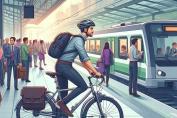



.png)










